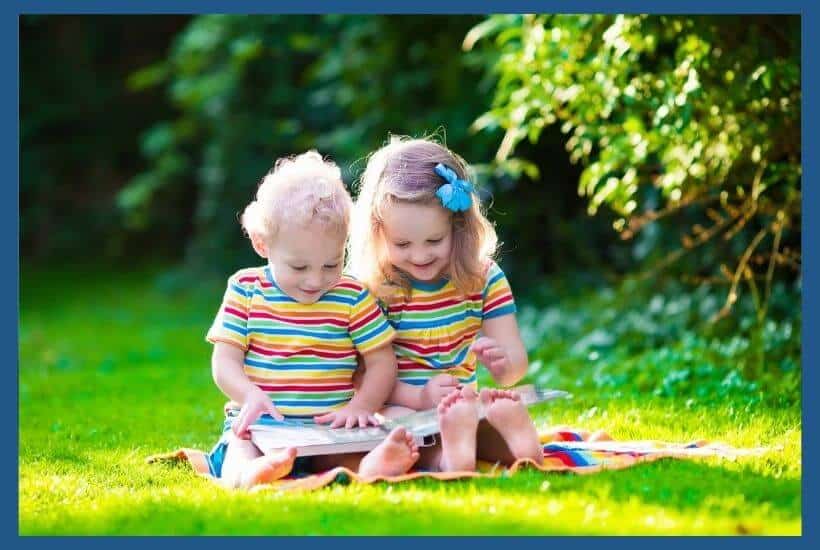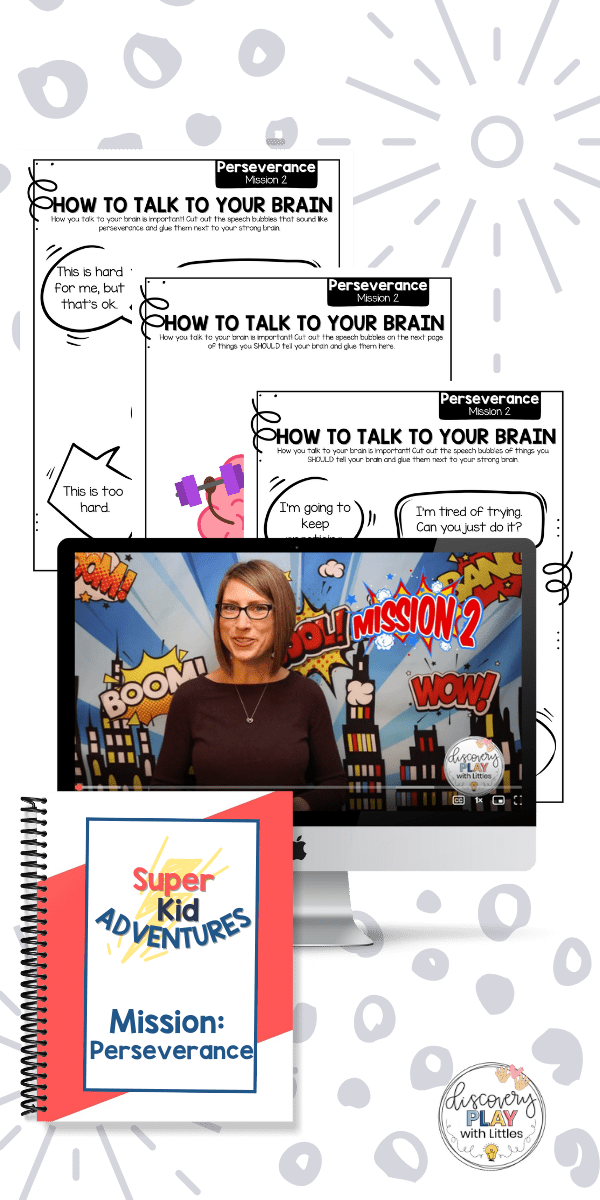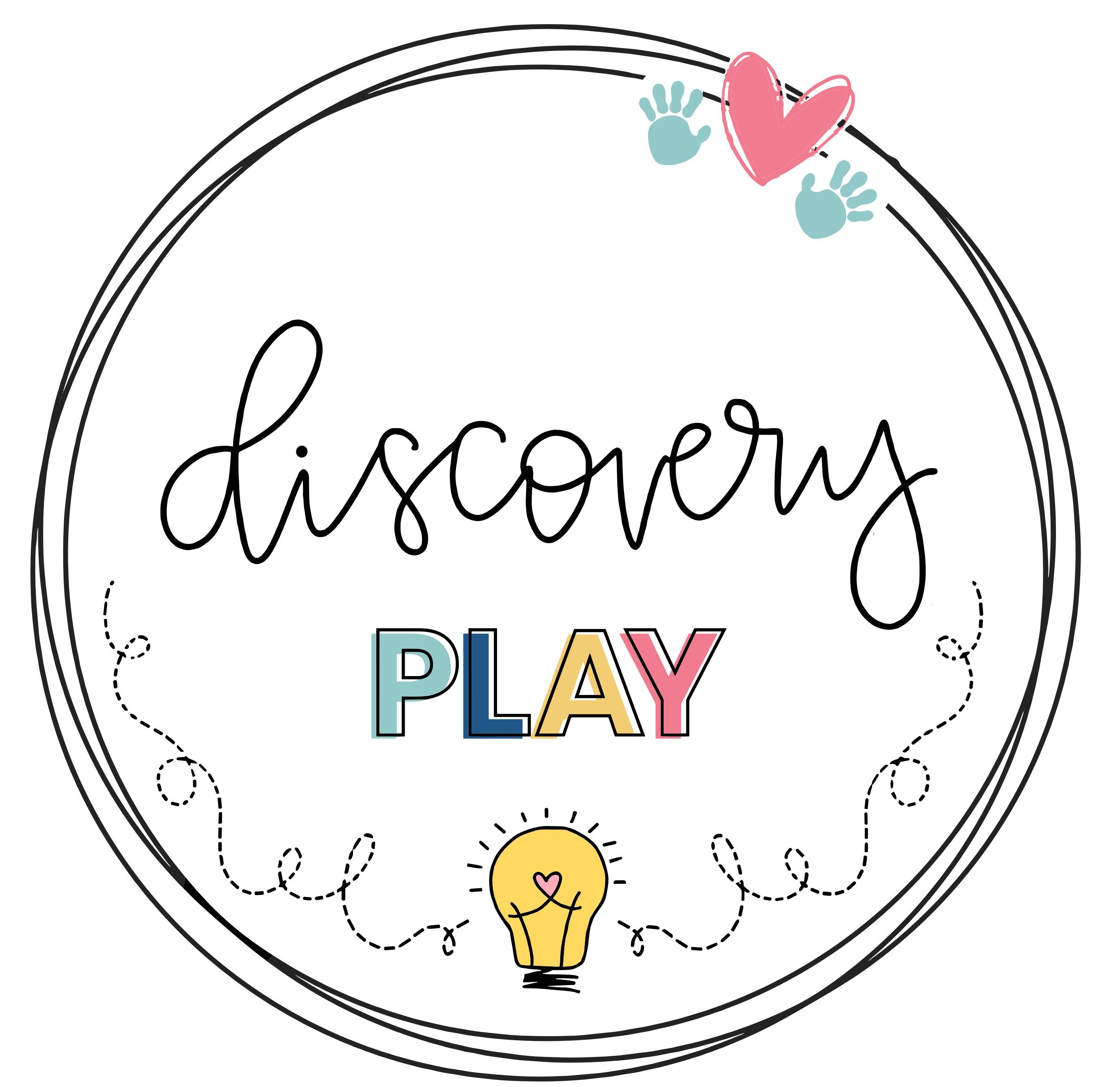As I was perusing Facebook, I saw a post that stopped me in my tracks. It said “My toddler LOVES books and is ready to start reading. She knows all her letters, and sounds and is starting to recognize some words. What do I need to do to teach my toddler to read?”
Teaching your toddler to read? Is it too early? How do you start? Phonics? Sight words?
It is easy to get caught up in the trap of trying to get your toddler to read early. After all, the more they can do now, the better off they will be later…right? Not always.

The problem is…
Parents are left wondering “When should I teach my child to read?”
There are many different opinions. The sheer number of “early reading” programs available are overwhelming. Children who are taught to read early do not end up ahead.
Edutopia states: “We now teach reading to 5-year-olds even though evidence shows it’s more efficient to teach them to read at age 7, and that any advantage gained by kids who learn to read early washes out later in childhood.”
For reading milestones, check out this list from kidshealth.org.
Just because kids love books doesn’t mean they are developmentally ready to read. Young children learn best through play. Teaching reading requires lessons, either through a program on a screen (screen time isn’t great for young kids) or lessons they have to sit and focus on.
Being active, exploring, and discovering on their own will be more beneficial in the long run.

Are you tired of hearing “It’s TOO HARD!” followed by a meltdown?
Using this one simple phrase you’ll get in this powerful lesson, you’ll not only be able to help your kiddo not give up but you’ll:
>Activate their superpower of perseverance so that they can turn around a meltdown and keep trying
>Inspire them to use perseverance…even when it’s hard
>Teach them to recognize the warning signs of giving up, and how to turn it around by taking control of their choices.
Grab your powerful FREE video lesson to teach your kiddo one of the most powerful keys to perseverance.
What Do I Teach My Toddler (or Preschooler?)
Teach your child that they are already a reader. That looks a little different for toddlers, and even preschoolers than sitting and reading the words to a book.
Focusing on foundational skills will be more beneficial to them in the long run.
Here are 8 essential reading skills to focus on with toddlers and preschoolers:
Read the Pictures
One of the first things we teach our kindergarteners is that they are already readers. This gives them confidence while practicing one of their first reading strategies (to look at the pictures when they can’t figure out a word).
They can ‘read’ the pictures. Teach them to study the pictures. Who are the characters? What are they doing? What do you think is happening in the story? Make up the story based on the pictures. You will have to model this in the beginning, but after a while, it will make them more independent readers.
Read Often
My favorite quote is ‘Children are made readers in the laps of their parents.’ -Emilie Buchwald It’s true! Kids who love to read are read to often, and observe the people close to them reading.
Read at breakfast, in the car, before bed…any time you have a spare minute, read. Make it fun- use funny voices for characters and show excitement and interest in the story you are reading. You can even read while your child is playing something else. They do not have to sit still to enjoy the story. They will still be listening, even if it is difficult to sit still.
Make Mistakes
When it eventually comes time for kids to learn to read, they get very frustrated when making a mistake. It is helpful to know that it’s ok to make mistakes when you are reading. Make a mistake, and make sure your kids hear. Call attention to it! “Oh! That doesn’t sound right. Let’s try that again.”
Turn the Pages
Your child can help you by turning the pages for you. This makes them an active participant in the activity as well. This also teaches them about the beginning/end of the book, the direction we read, and what comes next.
Let Them “Read” What They Know
Reading books over and over is great for kids’ development. Kids will pick up on words they didn’t understand before, or notice something new in the pictures.
After reading a book several times, they may memorize parts of the book. Let them ‘read’ the parts they know, even if the words aren’t exactly what the book says. As long as the story makes sense, go with it. Books with repetitive text are great for this.
Retell the Story
Practice retelling the story. When you finish reading, ask them questions like “What happened at the beginning of the story?” “Who were the characters?” “What happened in the end?” Ask questions about specific events in the story.
For nonfiction, ask about what they learned. Practice telling about the characters and setting, and tell the events in the order they happened. It will take a while to be able to do this, so start small and model by showing your kids how to retell a story.
Ask Questions
While you’re reading, ask questions like “What do you think will happen next?” “How did that make the character feel?” “What do you think the character should do next?” This can also help develop empathy for others, and it helps kids think through how to handle things that might happen to them someday.
Rhyme & Sing Songs
Learning to rhyme will set your child up for success when learning to read. If a child knows that c-a-t is cat, they will be able to figure out h-a-t. Read Simple Ways to Teach Your Child to Rhyme.
Don’t Force Your Toddler to Read Too Early
Remember to be cautious when trying to teach your child to read early. It’s really easy to get caught in the trap of thinking “My child loves learning. If he can read before he begins kindergarten, he will be ahead.”
It’s better to focus on the simple foundational skills to develop an extremely strong foundation and let reading come a little later.
The goal for young children is to keep learning fun and develop a love for books. If it becomes frustrating and difficult, kids aren’t going to want to dive into learning when they begin kindergarten.
You’ll be giving your kiddo a huge benefit by focusing on having fun and learning through play.
From my experience as a kindergarten teacher, kids who have some background academic experiences but who have not been pushed too hard, and have been allowed to love learning are ready to take off when they begin kindergarten.
By the end of the year, these kids are at the same level, if not above, their peers who entered kindergarten already reading.
You Might Also Enjoy:
Our Favorite Books for Toddlers
